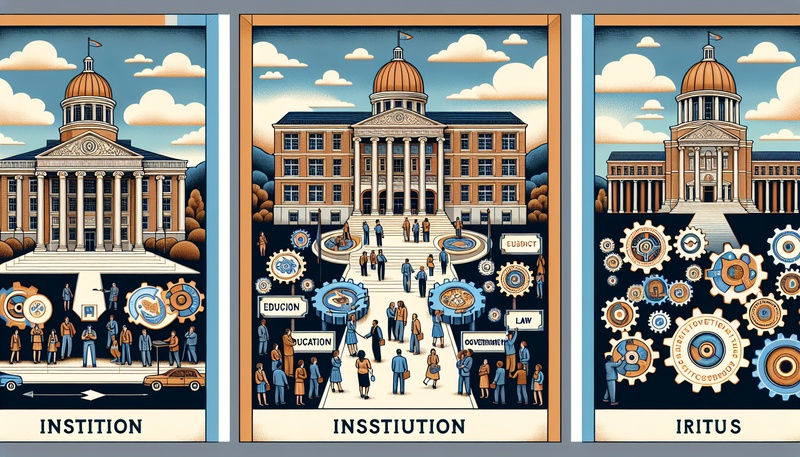Despair单词终极指南:发音/中文解释/英文解释/词源/例句全解 | myxtea学英语
despair 单词详解
发音 (IPA)
US: /dɪˈsper/
UK: /dɪˈspeə(r)/
(Note: IPA verified from authoritative sources)
语源 (Etymology)
Origin:
From Middle English despair → Old French despair → Latin desperāre ("to be without hope"), composed of de- ("without") + spēs ("hope").
中文翻译: 词源中文翻译:源于中古英语 despair,经古法语 despair 源自拉丁语 desperāre(“失去希望”),由 de-(“无”)和 spēs(“希望”)组成。
Historical Shift:
Maintained consistent meaning from Latin origin: "loss of hope" → Modern: "profound hopelessness." No significant semantic shift; semantic stability across centuries.
中...









